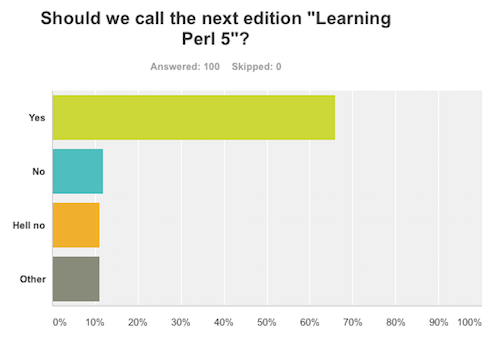Perl’s file globbing uses the FreeBSD-style globbing, but it works mostly everywhere since Perl handles it internally through the File::Glob module. I’m working on the “Directory Operations” chapter for Learning Perl, 7th edition, where we cover glob. I’m trying to make the book more Windows friendly so I’ve been considering how this stuff translates.
I ran across Raymond Chen’s “How did wildcards work in MS-DOS?”. He lays out the steps for turning what we think of as a pattern (such as “*.txt”) into the CP/M-style pattern that MS-DOS used. He shows how to convert the glob pattern to primitive pattern. Continue reading “DOS pattern matching, in Perl”

